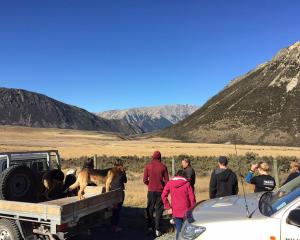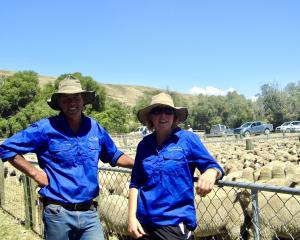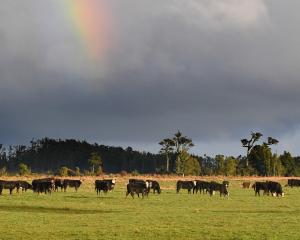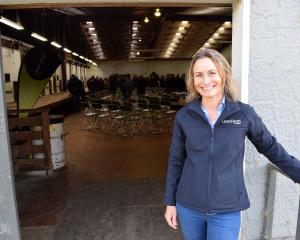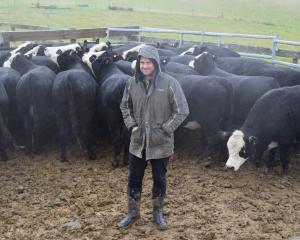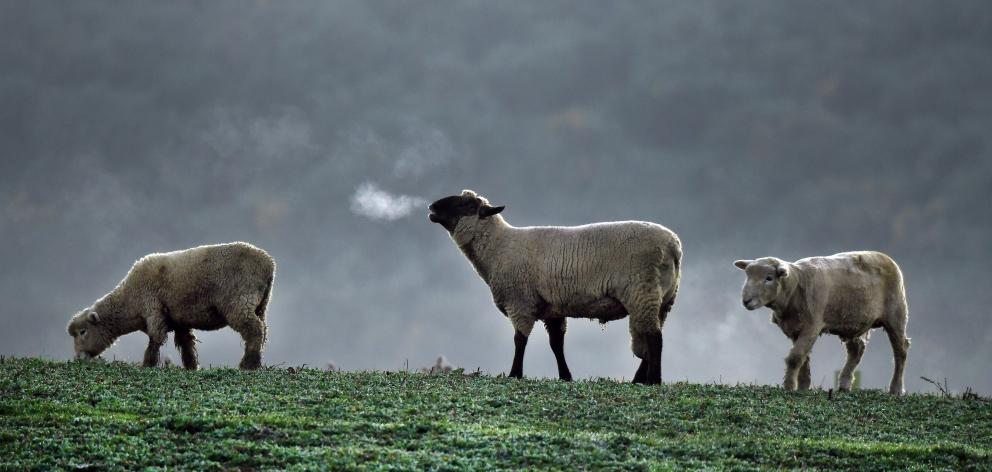
The sector is also responsible for $4.6billion in household income — on average $3300 for every household in New Zealand — and represents about a fifth of New Zealand’s productive sector.
The release of the research coincided with B+LNZ and the MIA launching a joint manifesto ahead of the general election in September.
MIA chief executive Sirma Karapeeva said the research showed the importance of the sector to the New Zealand economy and regional New Zealand.
B+LNZ chief executive Sam McIvor said a key concern for the sector was the negative impact on rural communities of various Government policies that incentivised the conversion of sheep and beef farms into forestry.
The sector wanted limits on the ability of fossil fuel polluters to offset their emissions by planting exotic trees on farms, he said.
A better understanding and use of the country’s water resources were needed, including in the areas of water capture, storage and distribution to meet both productive and urban needs.
‘‘We do not lack water in New Zealand — we lack the understanding and infrastructure to use it in a way that meets our economic, social, cultural and environmental requirements. It can be done,’’ Mr McIvor said.
Improved rural connectivity and continued co-investment in initiatives and research aimed at adding value and lifting the productivity and profitability of the sector were also crucial, Mr McIvor said.
Despite the uncertainties created by Covid-19, it was an exciting time for the red meat sector with the global population expected to grow by two billion by 2050 and protein demand forecast to double by 2050.
In Otago-Southland, the red meat sector represented more than 12% of full-time employment. The sector employed 7700 full-time people with more than 10,000 full-time jobs underpinned by the industry. It also contributed 11.5% of household income in the region, he said.


